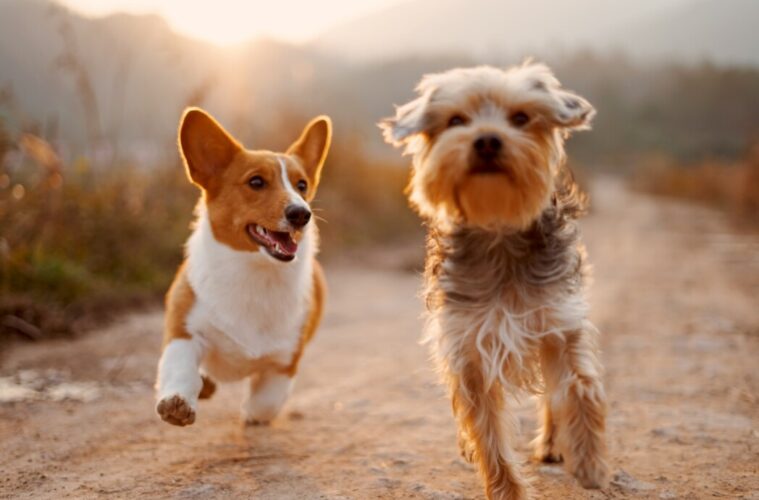Dr Joanna Everett MRCVS, the Clinical Director Bath Vet Group, offers expert advice on how to look after your pets
The media regularly tells us that obesity levels are rising and sadly that is true for our furry friends too. A recent report from the PDSA found that vet teams estimate around half of UK pets are overweight – that’s around 5 million dogs and 4.7 million cats!
A separate study reported that 30% of our pet rabbits are also overweight or obese.
Overweight animals are less playful and energetic, and are also at increased risk of many diseases, including Diabetes Mellitus, Heart Disease, Osteoarthritis and certain cancers. Shockingly, a recent study by the University of Liverpool showed overweight dogs could shorten their life by over two years!
The first step in helping your pet become a slimmer, healthier version of themselves is recognising the problem and this means knowing the ideal body shape for a dog or cat of their breed. When the majority of dogs and cats you see are ‘carrying a bit of timber’, it becomes harder to recall what normal should look like!
As well as monitoring weight, for cats and dogs we also use a system called Body Condition Score (BCS). This nine-point scale, with ideal being 4 or 5, looks at how easily we can palpate the ribs and spinal bones, whether there is a visible waist viewed from the top and an abdominal tuck from the side.
If their back is flat and rectangular (like a little table!), this indicates that they have too much padding around their abdomen. Overweight rabbits have a large dewlap and double chin appearance. At home an easy assessment can be made by checking that you can feel your pets ribs without having to ‘push’.
Your vet or nurse can assess your pets’ BCS and help you explore ways to reduce their calorie intake and create a healthy diet and exercise plan. Never put your pet on a ‘crash diet’; in an obese pet with a BCS of 7/9 or more, we aim for a gradual weight loss of 0.5 -1% of body weight per week in cats, and 1-2% in dogs.
To have your pets BCS assessed or for support and guidance in helping them lose weight, please book an appointment with our nursing team or ask your vet at your next routine appointment.


